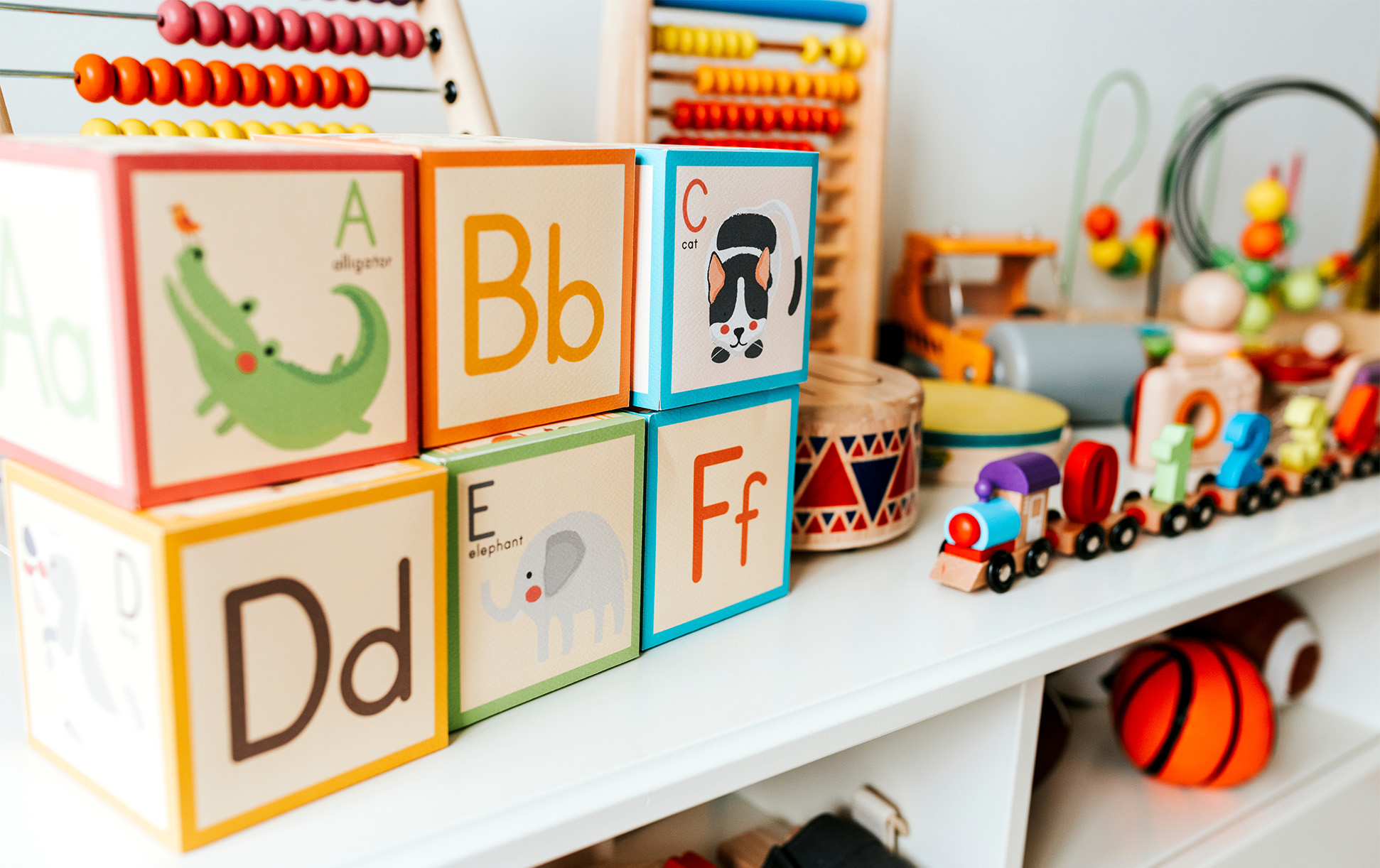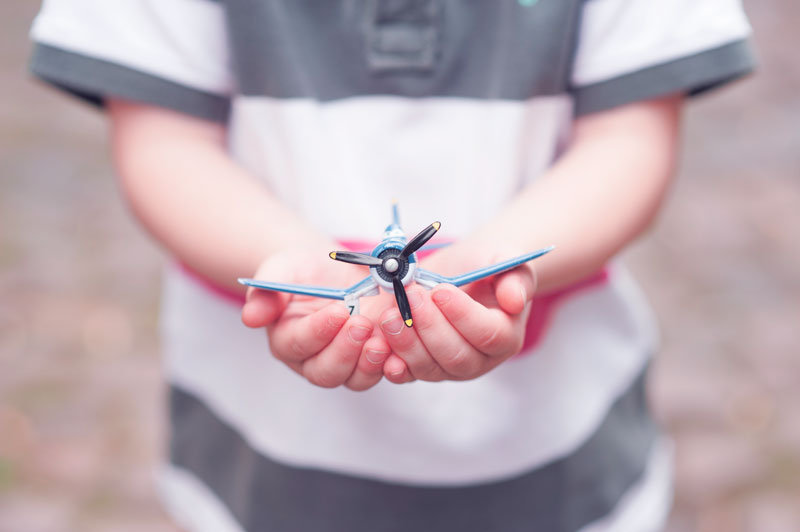Daycare vs Early Childhood Development
What is the difference between an early child development program and a daycare?
Many parents and caregivers may wonder what the difference is between an early child development program and a daycare. Both types of services provide care and supervision for children, but they differ in their goals, approaches, and quality.
An early child development program is a comprehensive and holistic service that aims to support the physical, cognitive, social, and emotional development and learning of children from birth to age eight. An early child development program follows a curriculum that is based on research and best practices in early childhood education. An early child development program also employs qualified and trained staff who have the knowledge and skills to facilitate children’s growth and learning. An early child development program also collaborates with parents, families, and communities to ensure that children’s needs are met and their rights are respected.
A daycare, on the other hand, is a service that primarily provides care and supervision for children while their parents or caregivers are at work or school. A daycare may or may not follow a curriculum or have qualified and trained staff. A daycare may or may not have standards or regulations that ensure the health, safety, and well-being of children. A daycare may or may not involve parents, families, and communities in their activities or decisions.
Why are early child development programs better than daycares?
Early child development programs are better than daycares for several reasons. Here are some of the benefits of early child development programs for children and families:
Early child development programs enhance brain development and learning potential. As mentioned earlier, the first eight years of life are a critical period for brain development, as billions of neural connections are formed and strengthened by stimulation and interaction. Early child development programs provide children with rich and varied opportunities to play, learn, explore, and create, which can boost their cognitive, linguistic, creative, and problem-solving skills. Early child development programs can also help children develop a positive attitude towards learning and a lifelong curiosity for knowledge.
Early child development programs enhance brain development and learning potential. As mentioned earlier, the first eight years of life are a critical period for brain development, as billions of neural connections are formed and strengthened by stimulation and interaction. Early child development programs provide children with rich and varied opportunities to play, learn, explore, and create, which can boost their cognitive, linguistic, creative, and problem-solving skills. Early child development programs can also help children develop a positive attitude towards learning and a lifelong curiosity for knowledge.
Early child development programs foster social and emotional development. Early child development programs help children form secure attachments with their parents and caregivers, which can enhance their self-confidence, self-esteem, and self-regulation. Early child development programs can also help children develop social skills, such as communication, cooperation, empathy, and respect for others. Early child development programs can also help children learn to manage their emotions, such as anger, sadness, fear, and joy.
Early child development programs prepare children for school and beyond. Early child development programs help children acquire the foundational skills and competencies that are essential for school readiness and academic achievement. Early child development programs can also help children develop the core skills for planning, adapting, and achieving goals that are necessary for life success. Early child development programs can also help children discover their talents and interests and pursue their dreams.
Early child development programs benefit families and society. Early child development programs support parents and caregivers in their roles as the primary nurturers and educators of their children. Early child development programs can also empower parents and caregivers to improve their own skills, knowledge, income, health, and well-being. Early child development programs can also strengthen the bonds between parents, caregivers, children, peers, communities, and institutions. Early child development programs can also contribute to social equity and economic productivity by reducing poverty, inequality, violence, crime, and other social problems.

As you can see, early child development programs have many benefits for children and families that span across different domains and life stages. By choosing an early child development program over a daycare, you can ensure that your child has the best start in life and the best chance to reach their full potential.
Philosophy & Mission
The Monarch Center for Child Development is a place where children learn through play. We offer a play-based curriculum that follows children’s interests and supports their growth in all domains. Our educators are caring and supportive partners in children’s learning. We respect and celebrate the diversity of our community and create a sense of belonging for everyone. Our mission is to provide high-quality early childhood education that prepares children for lifelong learning and success.

Helping Your Child Play, Learn, & Soar
What Our Families are Saying

